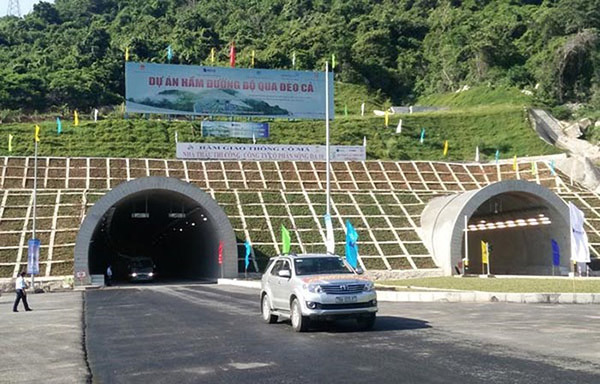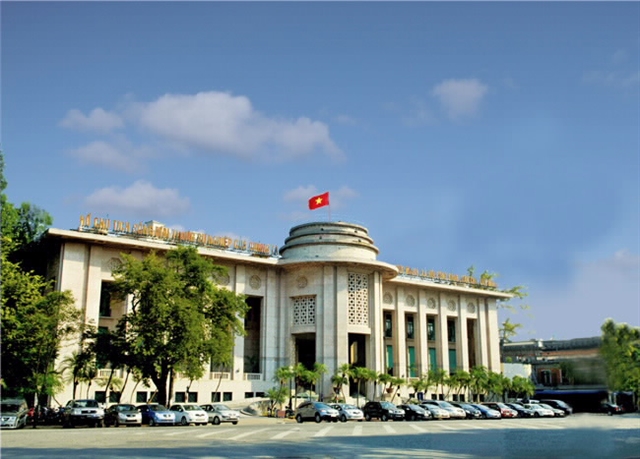 Politics & Law
Politics & Law


|
| Đèo Cả Tunnel, which built under the public-private partnership format, opened in August 2017. The tunnel connects Phú Yên and Khánh Hòa provinces. The project has total investment of VNĐ26 trillion of which, VNĐ5 trillion is from the State. — Photo vietnamnet.vn |
HÀ NỘI — Private companies need to invest more in public private partnership projects to help Việt Nam develop, despite budget constraints. But laws must be tighter to ensure the right enterprises are selected.
These was an issue discussed during a meeting organised by the National Assembly (NA) on Thursday to review the draft Law on Public-Private Partnership (PPP).
Most NA deputies agreed the law was essential to increase investment capacity for public projects and public services.
But the meeting was told there is still room for improvement and ensuring transparency of PPP projects is key to building a better future.
According to NA deputies, the main problem which existed in PPP projects was how to select the right contractors.
Đặng Hoàng An, deputy minister of Industry and Trade, said special attention should be paid to the signing of contracts between the State and private enterprises.
He said the draft law should be supplemented with strict regulations relating to the selection of investors.
Nguyễn Văn Phúc, an economist, said it was necessary for residents and enterprises to have a certain understanding about the nature of public-private partnership.
“Private entities are not allowed to provide public services. Investing in the form of public-private partnership will create better products and services," he said.
Nguyễn Đức Trung, deputy minister of Planning and Investment, said the draft law contains 12 chapters and 117 items based on existing regulations on investment and investment contracts in the form of PPP. It is expected to amend some regulations related to project scale and competence to decide on investment policy.
In accordance with current regulations, State's investment in PPP projects must be in line with procedures of the law on public investment.
This led to a lack of flexibility in capital arrangement because it would be adjusted with finance plans.
He said it was necessary to set forth a new rule on the arrangement of investment from the State in PPP projects.
The Ministry of Planning and Investment has proposed two options on allocation of State funds to PPP projects.
First was to set up a development fund to allocate State money and grant guarantees for PPP projects. The second option suggested reserving separate funds for PPP projects in mid-term public investment plans.
NA deputies said given the constraint budget, attracting private investment is essential to reduce pressure on the State budget.
Vũ Hồng Thanh, head of NA Economic Committee, emphasised the necessity of the law on PPP and the draft law would be submitted to the NA Standing Committee for consideration.
According to the Government's report on the implementation of PPP projects, as of January 2019, the country has mobilised about VNĐ1.6 quadrillion (US$69.1 billion) from private investment to address urgent needs for infrastructure development. — VNS




